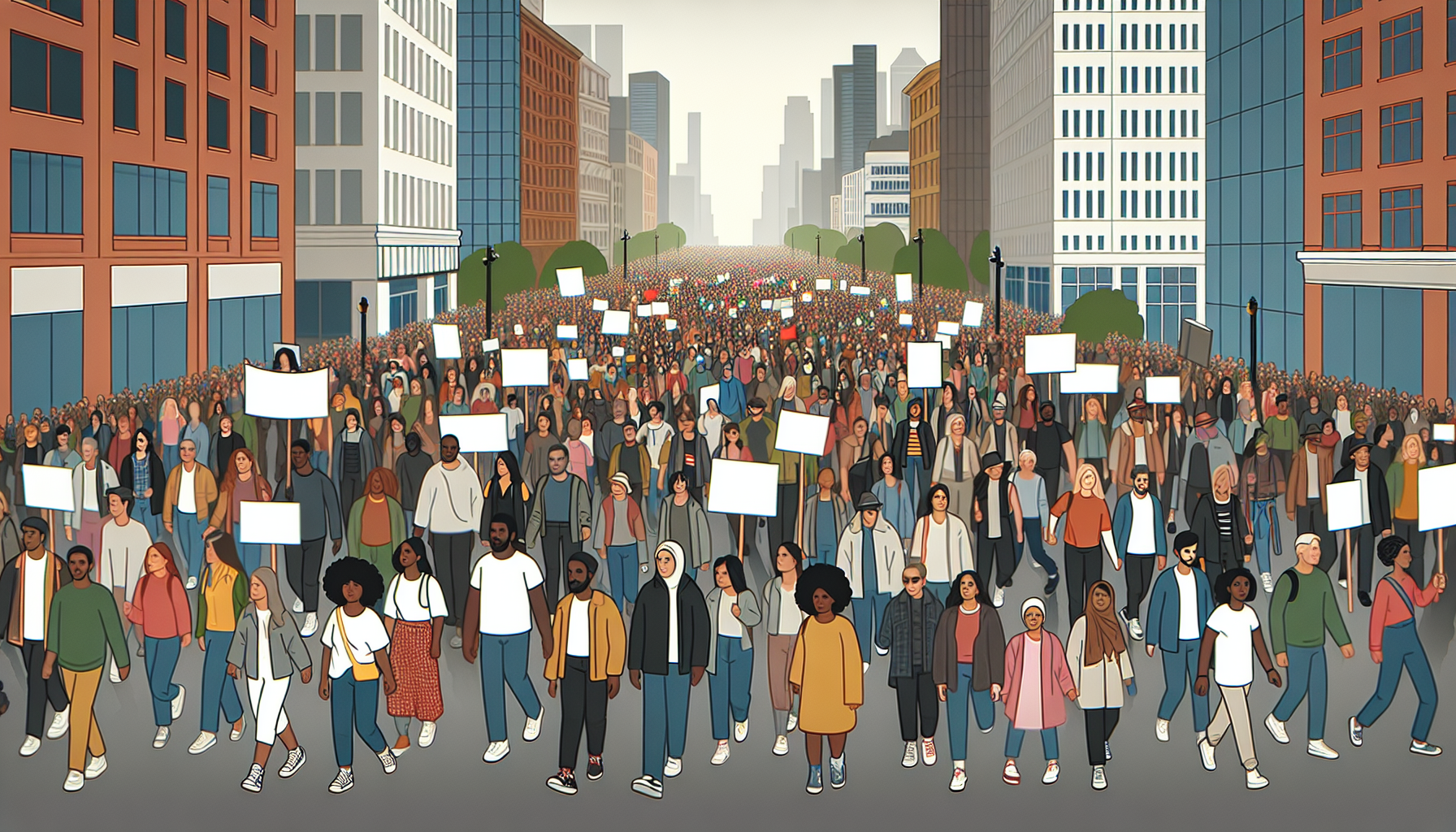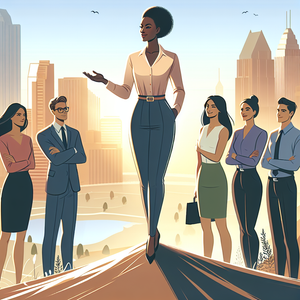From Boss to Partner: Redefining Leadership in the Modern Workplace

Historically, leadership was defined by rigid hierarchies and a clear division of power. Managers assigned tasks and issued directives, while employees followed orders with little input or ownership. This model, while effective in stable and predictable environments, has proven inadequate in today’s dynamic and innovation-driven world. Employees now expect more than just direction; they want collaboration. They seek leaders who not only guide them but also invest in their professional and personal growth. This shift toward a partnership-based model redefines the leader-employee relationship. Rather than exercising control, leaders become facilitators of progress, working alongside employees to achieve shared goals. This transition benefits everyone: employees feel valued and empowered, while organizations reap the rewards of higher engagement, creativity, and loyalty. At its core, partnership-based leadership is about fostering trust, breaking down hierarchical barriers, and creating a culture where everyone contributes to and benefits from success.
Key Principles for Becoming a Partner-Leader
Empathy and active listening are the cornerstones of effective partnership-based leadership. Leaders who engage with employees’ concerns and aspirations demonstrate they value their team members as individuals. Co-creation of goals aligns company missions with personal aspirations, empowering employees with a sense of ownership. Autonomy fosters innovation and builds trust, as seen in examples like Google’s '20% time' policy. Career advocacy, where leaders support employees’ long-term growth even beyond their current roles, builds loyalty and trust.
The Benefits of Partnership-Based Leadership
Partnership-based leadership leads to increased employee engagement, improved retention rates, enhanced innovation, and a stronger organizational culture. Engaged employees are more productive and loyal, while empowered teams foster creativity and innovation. Leaders who model empathy and trust attract top talent and create inclusive workplace cultures.
Real-World Examples of Partnership-Based Leadership
Satya Nadella of Microsoft transformed the company’s culture with empathy and collaboration, leading to innovation and growth. Howard Schultz of Starbucks treated employees as partners, emphasizing welfare and loyalty. Jacinda Ardern, former Prime Minister of New Zealand, demonstrated that leadership is about service and human connection, resonating deeply with her team and constituents.
The transition from boss to partner represents a profound shift in leadership philosophy, one that aligns with the evolving values of the modern workforce. By embracing empathy, collaboration, and advocacy, leaders can foster meaningful relationships with their employees, driving engagement, innovation, and organizational success. Ultimately, the true measure of a leader is not their ability to control but their capacity to empower. Partner-leaders who align company goals with individual career growth create workplaces where teams feel valued, inspired, and motivated to contribute their best. As workplaces continue to evolve, the partnership-based leadership model offers a blueprint for creating environments where both businesses and employees thrive. By redefining leadership, we can build a future where success is truly shared.
Organizational Development Consultant
McKinsey & Company, Deloitte, Mercer
Responsibilities
Collaborates with company leadership to design and implement strategies that improve workplace culture, employee engagement, and organizational performance.
Conducts assessments, such as employee surveys and leadership feedback sessions, to identify areas for growth and development.
Develops and facilitates training programs focused on leadership development, communication, and team dynamics.
Unique Qualifications
Expertise in change management, strong facilitation skills, and a background in psychology, HR, or business strategy.
Employee Engagement Specialist
LinkedIn, HubSpot, Amazon, Google
Responsibilities
Designs and executes initiatives to enhance employee satisfaction and foster a positive workplace culture.
Partners with HR and leadership teams to develop metrics for measuring employee engagement and retention.
Leads focus groups and one-on-one interviews to gather actionable feedback from employees.
Unique Qualifications
Background in HR, communications, or organizational psychology, with experience in survey tools like Qualtrics or Glint.
Leadership Development Coach
Korn Ferry, BetterUp
Responsibilities
Works one-on-one with executives and managers to develop skills in empathy, active listening, and team empowerment.
Facilitates workshops and group coaching sessions, focusing on emotional intelligence, conflict resolution, and decision-making.
Helps leaders align their management style with the organization's goals and values to foster a partnership-based culture.
Unique Qualifications
Certification in coaching (e.g., ICF-accredited programs), strong track record of working with senior leaders, and expertise in leadership theories like servant leadership.
People & Culture Manager
Salesforce, Airbnb, Patagonia
Responsibilities
Oversees employee relations and works to align the company’s HR policies with a supportive, partnership-based leadership style.
Leads initiatives to create inclusive hiring practices, improve onboarding experiences, and promote career development opportunities.
Acts as the bridge between leadership and employees, advocating for both parties to create a collaborative and trust-filled workplace.
Unique Qualifications
Deep knowledge of labor laws, diversity and inclusion strategies, and strong interpersonal skills to mediate and resolve workplace conflicts.
Innovation Strategist
Apple, Tesla, Adobe
Responsibilities
Partners with leadership teams to foster a culture of creativity and autonomy within organizations.
Develops frameworks for employees to propose and implement new ideas, products, or solutions.
Analyzes market trends and internal capabilities to identify opportunities for growth through innovation.
Unique Qualifications
Strong analytical and design-thinking skills, experience with innovation methodologies (e.g., Agile, Lean Startup), and a forward-thinking mindset.


